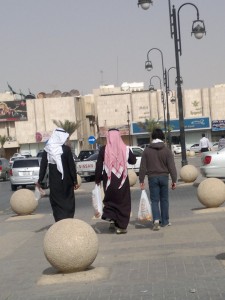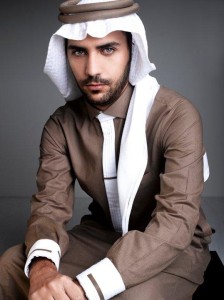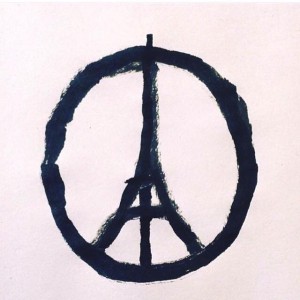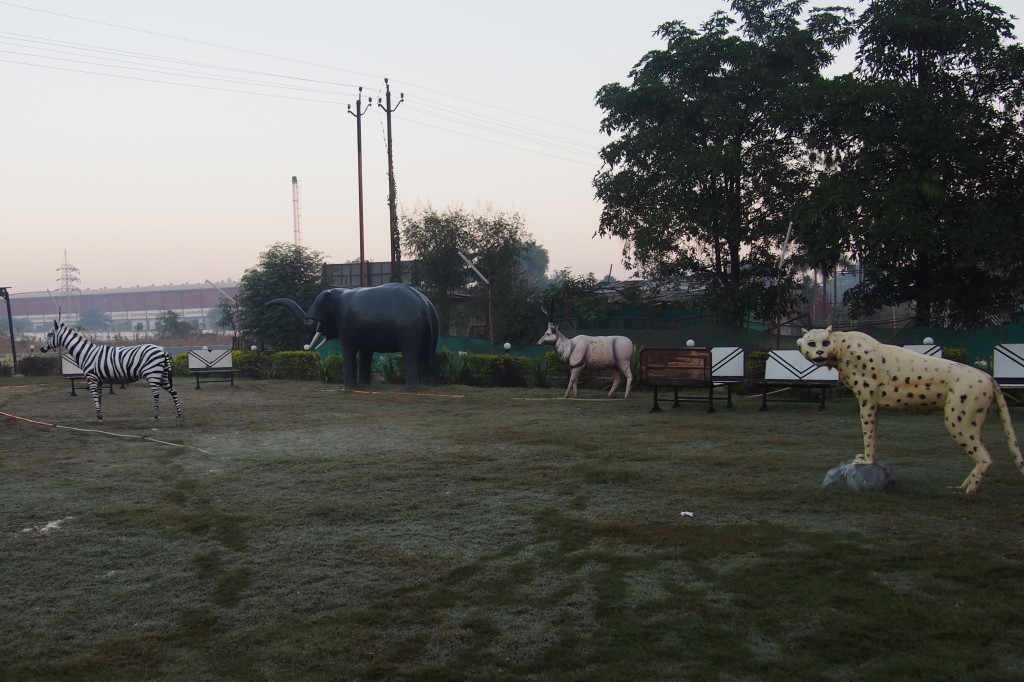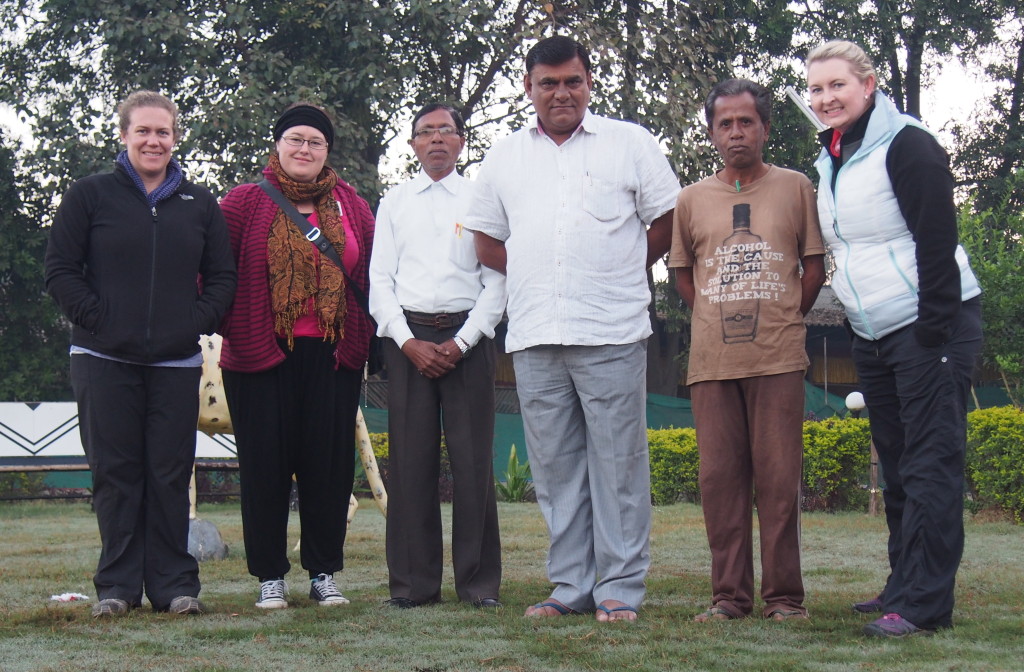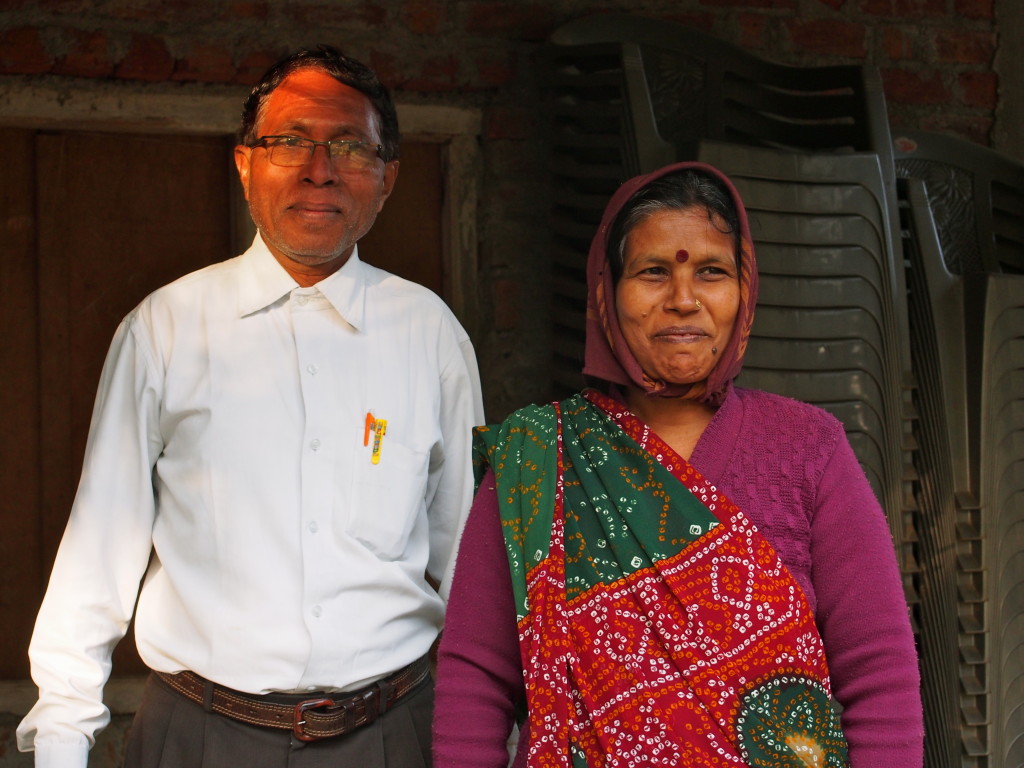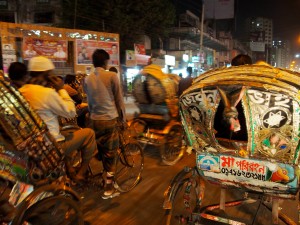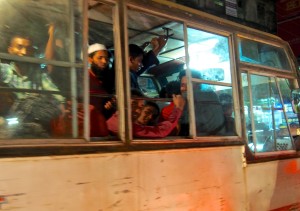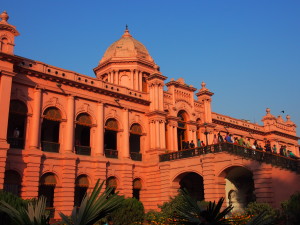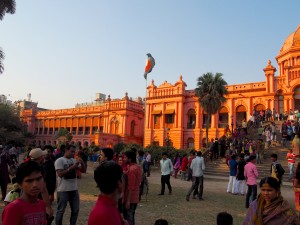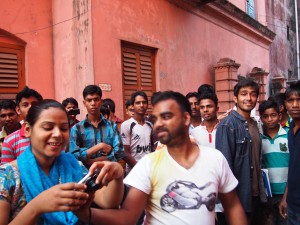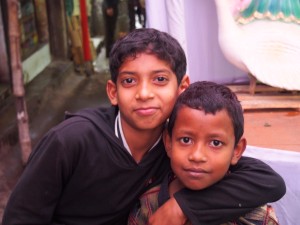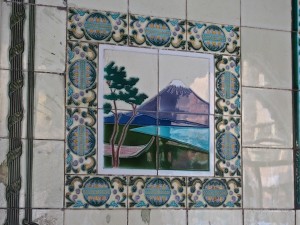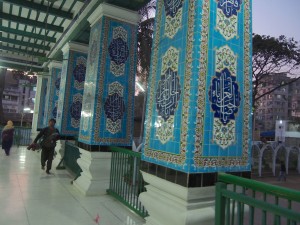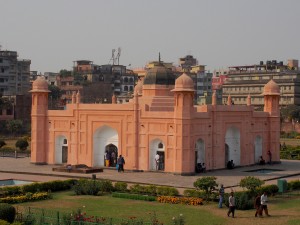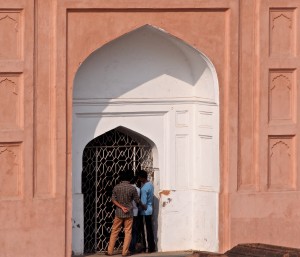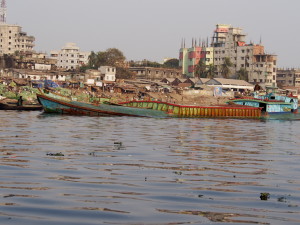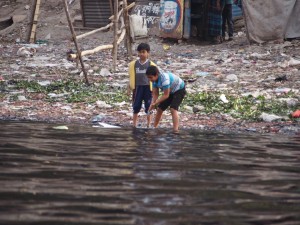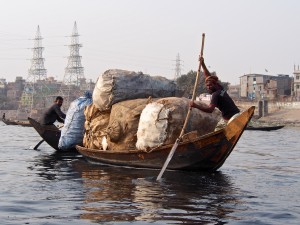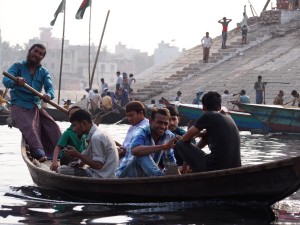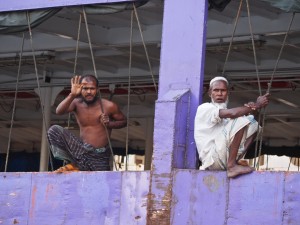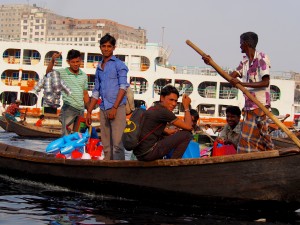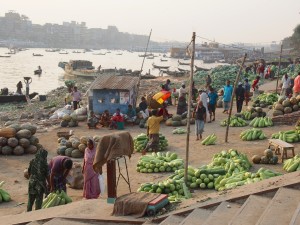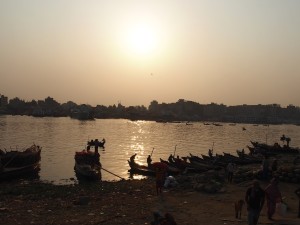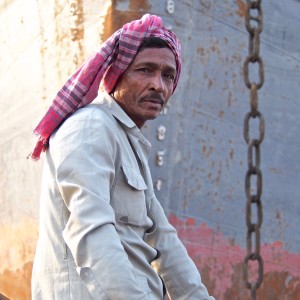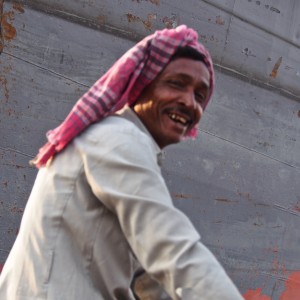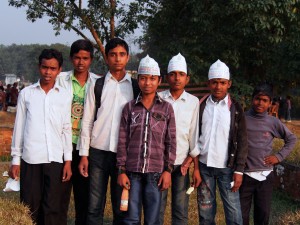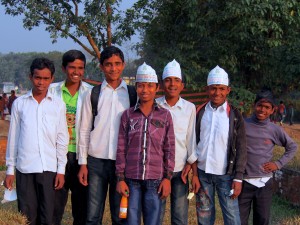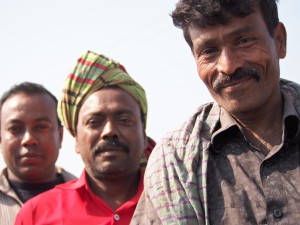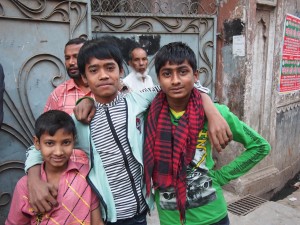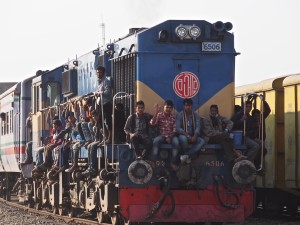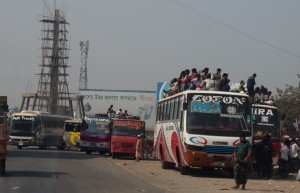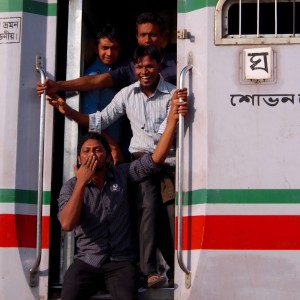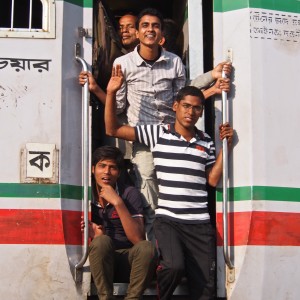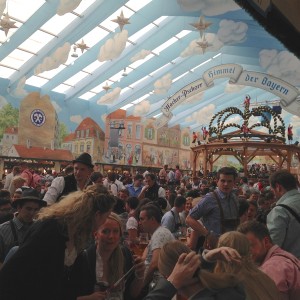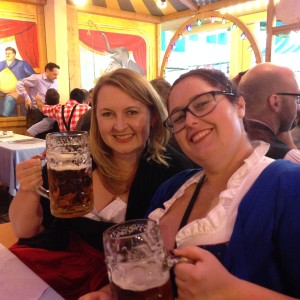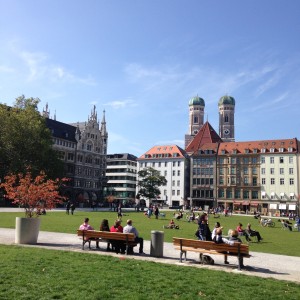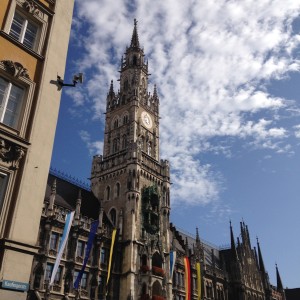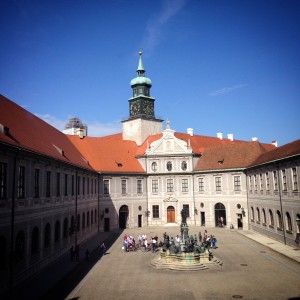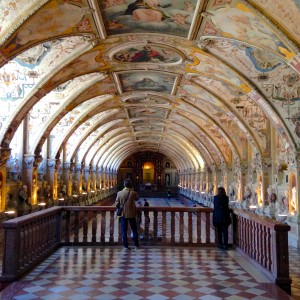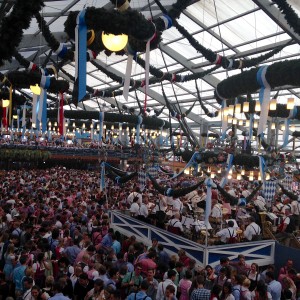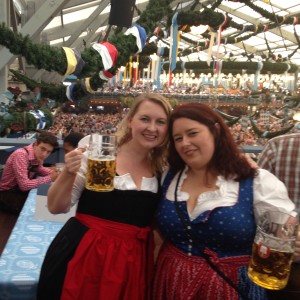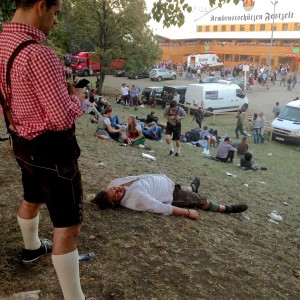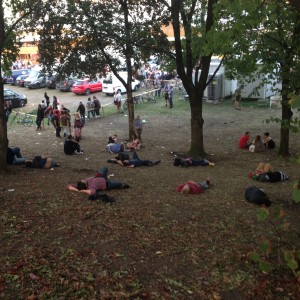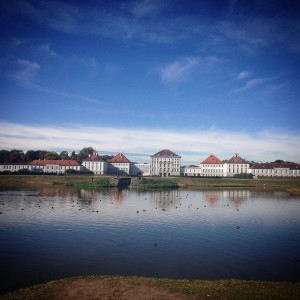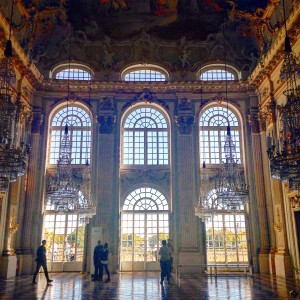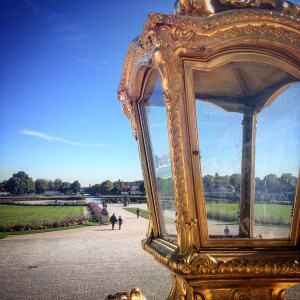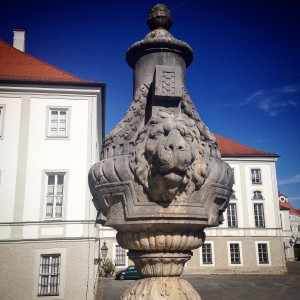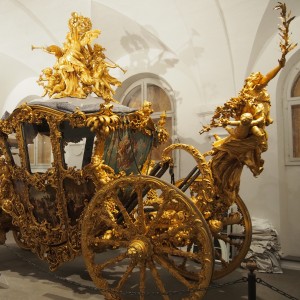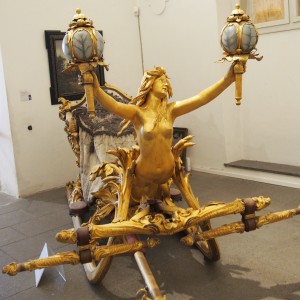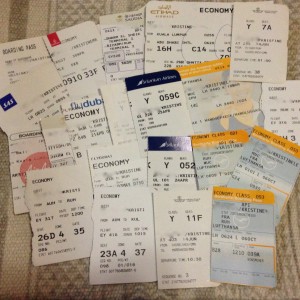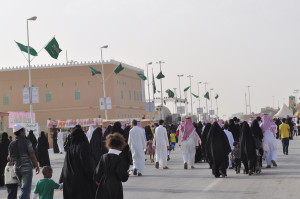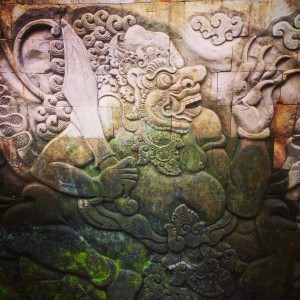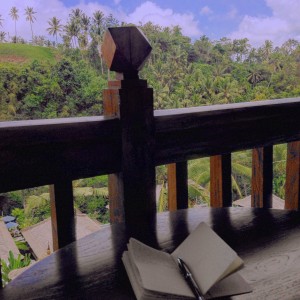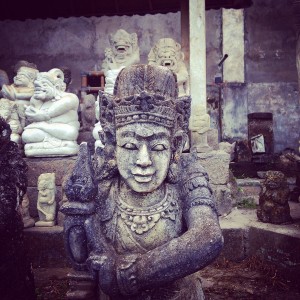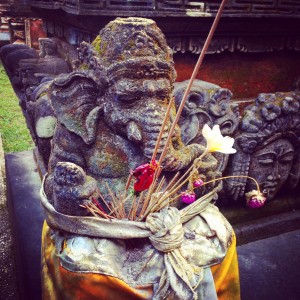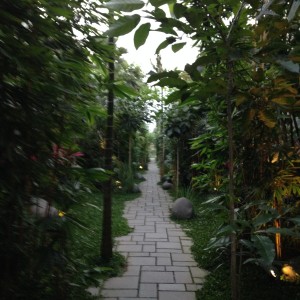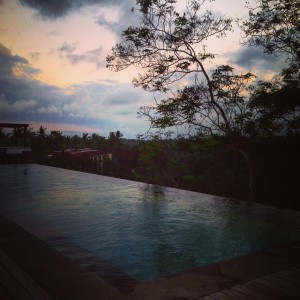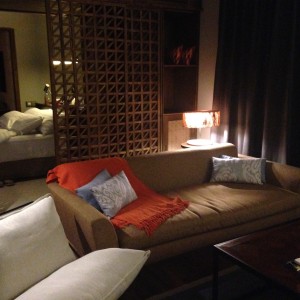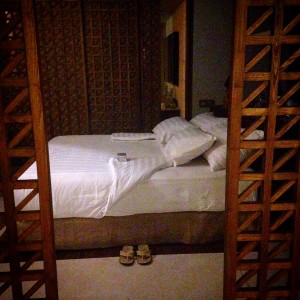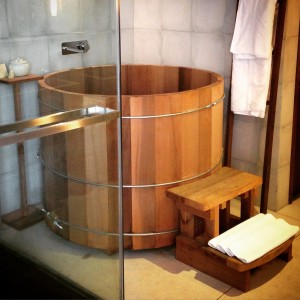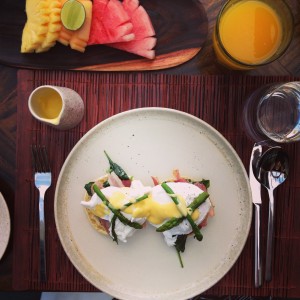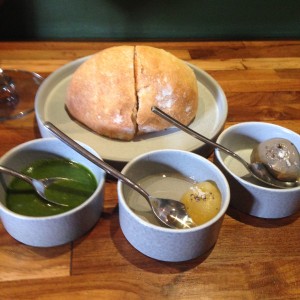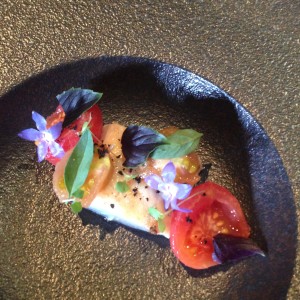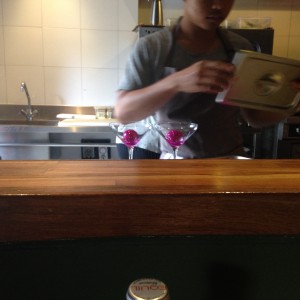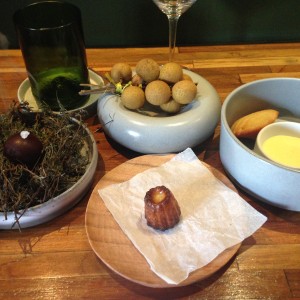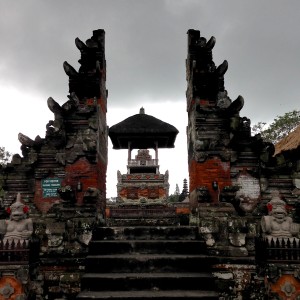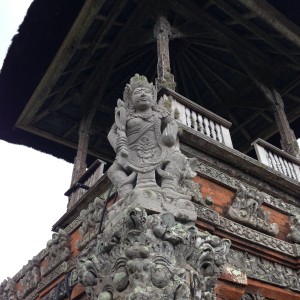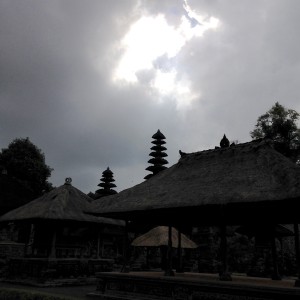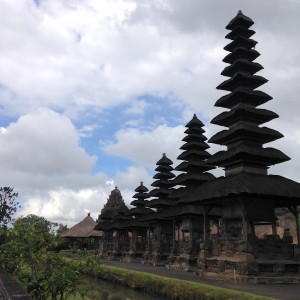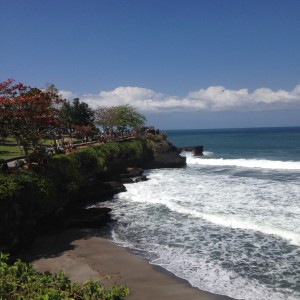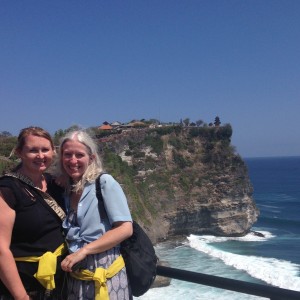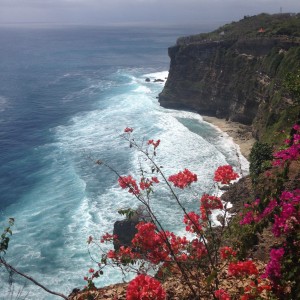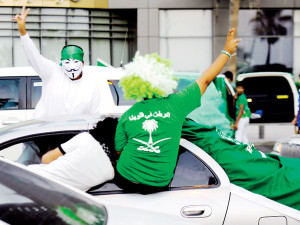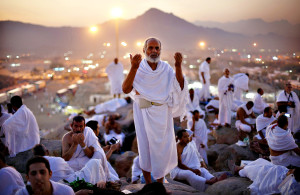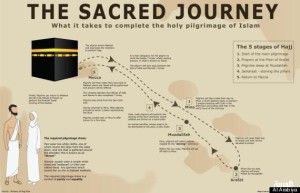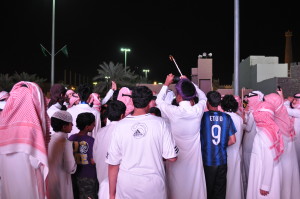 Last week I told you about all the lovely reasons you should consider a job in Saudi Arabia. This week I wanted to touch on the equal number of not so great things to consider if you’re thinking about being an ex-pat in the Middle East. Obviously, as with anything really, there is the good with the bad, and working in Saudi is no exception. So here’s my list of the 10 not-so-great things you should know…..
Last week I told you about all the lovely reasons you should consider a job in Saudi Arabia. This week I wanted to touch on the equal number of not so great things to consider if you’re thinking about being an ex-pat in the Middle East. Obviously, as with anything really, there is the good with the bad, and working in Saudi is no exception. So here’s my list of the 10 not-so-great things you should know…..
1. Culture shock is inevitable. This is kind of a no-brainer, but if you’re a westerner you truly couldn’t pick a more different place to live than Saudi Arabia. Basically you can expect to initially be in a state of euphoria- it’s all so different and you will find it fascinating. Oh my gosh a camel. Oh my goodness the Middle Eastern attire worn by men resembles a dress. Why’s that guy got a machine gun? Why is that child hanging out the window while the car is going 100km/hr down the road? It’s like a total sensory overload and your brain will struggle to keep up with the many new things you will see. You’ll feel like a kid in a candy store. This phase is called the Honeymoon phase and you will be generally happy with your decision to move abroad. Sadly this phase ends. Often abruptly. The next phase can be called the Frustration phase. You’ll be generally bitchy or pissy. Nothing is the same, everything sucks, why the hell isn’t it like home? Why did I leave? Everything will feel challenging. Some people will spend their entire time in Saudi in this phase. Inshallah, you will pull on your big girl panties and move into the Adjustment phase which basically means that you get used to the way things are. You accept things. The final phase is Adaptation which means that things will stop feeling so foreign and that you will successfully be acclimated to the new culture. This doesn’t mean a full-on conversion to the new culture, but rather that you feel apart of the culture. I haven’t yet made it to the Adaptation phase, but quite happily navigate in the Adjustment phase with occasional relapses into the Frustration phase.
2. Bring a suitcase full of patience. No joke. If you move to Saudi Arabia from any western country, you are in for one hell of a shocker. Things are super inefficient here. It’s mind boggling at times. Simple things that might take 3 steps back home will take 10 here. Occasionally you will suffer a full blown temper tantrum in public because you will be so annoyed. Sometimes you will cry. But mostly, you will just have to accept the way it is because you are never, ever, going to change it. So just roll with it. If you want an example of what I mean read this post about my uphill paperwork battle this fall. Or this one about Saudi banking.
3. Prayer times. Unless you live under a rock I’m sure you’re well aware that Saudi Arabia is a Muslim country. And people here pray 5 times a day. And unlike other Middle Eastern countries everything closes during prayer times. Closes. Seriously. As an ex-pat you will find that you are intimately attune to what time prayer is (because the time changes a bit day to day) and you will need to be aware of this when you are heading out. It can make running errands or trying to get out for a meal difficult if you forget about prayer times. I have found myself being locked outside of a restaurant or store while we wait for prayer to finish many a times. Grocery stores will let you stay inside and keep shopping, but you won’t be able to pay or leave until prayer is over. Restaurants will let you eat during prayer, but will not serve you food or allow you to pay or leave during prayer. This is why it’s important to time things out- I like to get into a restaurant and have the food come before prayer is called so we can eat during that time. It’s also good to know that the 2 evening prayers are often quite close together, so for example if I wanted to go shopping and the mall opens at 4pm, I would only be able to shop until 5:30pm when the 1st evening prayer is called. All the stores would close, and we would wait the 20min or so until they open again. Then at 7pm prayer would be called again and this one is often 30min or so. You can see that could become a source of frustration.
4. Opening hours. Grocery stores are often open 24hours, so apart from closing for prayer you can go anytime. Malls usually open from 10am-12pm (or whenever the lunchtime prayer is) and then open again at 4pm until 11pm-1am (ish) depending on the day of the week. That being said, it’s not uncommon to show up to a shop that should be open and find out that no one showed up for work. Or they slept in. Or are just running an hour late. Same goes for the bank.
5. No driving for the ladies. That’s right. If you would’ve described yourself as a self-sufficient independent lady you’re in for a surprise. Not being able to drive is the #1 complaint of western ladies. But, to be fair once you see how absurd the drivers here are you will quickly lose interest in wanting to drive. That being said, having to rely on a driver to take you places is pretty annoying. At first it will seem cool. Oh, let me just call my driver. But the first time you’re left stranded somewhere this will lose it’s shiny appeal. You can’t go anywhere by yourself because you are now a child who needs to be taken everywhere. And sometimes you will want to go somewhere (or leave) and all the drivers are busy. So you wait, because you don’t have any other choice. It can lead you to feeling like a caged animal because you can’t freely get into the car and drive where you want to go. Just today I was stranded at the mall waiting and waiting for a driver to come get me. #annoying
6. No recycling. If you love the environment a little piece of you will die every time you throw a water bottle in the garbage. Or a can of diet coke. Or that stack of papers. Or that pickle jar. Nothing gets recycled. Ever. Or at least not where I work and live. It breaks my heart to live somewhere that totally has the resources to recycle and just doesn’t. Also, people don’t seem to be concerned about wasting water or electricity. Newsflash: Saudi Arabia is a desert. So why would you plant grass and flowers meant for North American weather and watch them wilt and die in the 50C heat. And waste water on them?? Only to replant new flowers the following month? Why? Because you’ve got money. That’s why. On the weekends when the hospital offices are closed you can walk by office areas where all the lights are left on (and I’m sure the AC) all weekend long while no one is there. It can be a hard pill to swallow.
7. The list of things considered illegal is long. We’ve already discussed women driving. It’s a no-no, along with alcohol, pork, movie theatres, and being alone with a man who is not your husband or your relative (so essentially no dating). Women are not allowed to try on clothes when out shopping with the exception of Kingdom Mall ladies floor, and the handful of lingerie stores run by women. Technically, it’s illegal to practice any religion but Islam. There are no churches or other religious groups. Pornography is obviously illegal. Many of these things can be a source of frustration for ex-pats. I personally miss coming home from a stressful day of work and sipping a glass (bottle) of red wine. I also really miss going to the movies.
8. Class system. Saudi Arabia is a class system, no two ways about it. Lives here are not measured the same as in western countries. There is literally a chart of how much your family will be paid if you are killed in a car accident, and that chart varies greatly depending on your sex, religion, ethnic origin, and country of citizenship. Many Saudis employ servants, drivers, and nannies. There are numerous reports of ill treatment of these workers- and this isn’t really a topic that I want to touch on. I have witnessed on many occasions servants being treated in a less than respectful way. It is shocking, and contrary to how I was raised or how I view equality amongst people.That being said, many westerners employ housemaids and drivers and nannies. Pay amongst different nationalities is also vastly different depending on the colour of a persons passport. This is obviously a source of contention at work where we are all essentially doing the same job, and I’m not sure that there is a proper way to correct the situation. The truth of the matter is that no North American nurse in Saudi Arabia is make 2-3times what they would back home. It just doesn’t happen. And yet many Filipino and Indian nurses are making several times more than they would in their own country. It’s a touchy topic, but cost of living and education costs are drastically different between western countries and the rest of the world, and yet, here in Saudi Arabia the price of water is the same whether you’re from Canada, or Malaysia. This is a huge topic that’s hard to properly address.
9. In sh Allah. Saudis live their lives based off the principle of Inshallah which translates as God Willing or Gods Will. It is easily the most commonly used word in these parts. Also the most annoying for westerners who typically don’t live their lives guided 100% by this premise. It is also annoying because it’s so bloody contagious. I say Inshallah easily 20 times a day. I accidentally let it slip out last week at Oktoberfest when some one asked me if I was planning on going next year. Inshallah! I replied. And then immediately smacked the palm of my hand to my forehead. Duh. Let me set the scene for you…..you’ve got some type of Saudi style paperwork nightmare, that you’ve been stressed about, and really wouldn’t be that big of a deal to work out back home, but then again, you’re not at home. So this seemingly simple thing (like opening a bank account, or getting your residency card) has turned into a colossal nightmare because you’ve now made 8 trips to several different offices over the span of a few days because half the time the office hasn’t opened on time, the guy didn’t show up, or you get there and now they’ve closed for tea time, or prayer time, or smoke break time. So finally you’ve handed in all the paperwork and things are looking real good. So you ask “How long before this is processed?” I bet you a million riyals that the guy’s reply will be 1 of 2 things “2 weeks, Inshallah.” Or “Inshallah, 2 weeks.” As soon as he utters Inshallah you can almost automatically double the time, or assume the paperwork will get lost. It’s kinda like a jinx.
10. Reverse culture shock. Homesickness. People not getting you. Just as integrating into Saudi Arabian life isn’t easy, nor will returning home. Your time here will change you. It will change the way you see the world. Returning home is hard. People will have a hard time understanding what your life here was like. Many will not be interested. When I returned from Saudi the first time I moved back to Seattle. Back to the same neighbourhood, same job, same friends. And yet I wasn’t the same. It took me nearly 6 months to settle in. Upon reentry you may find that people have a hard time relating to you. You may find that the time you spent away strained relationships. Unless you are going home often, you likely will have missed out on major events back home such as weddings, births, anniversaries and holidays. It’s not easy.
Don’t get me wrong. I still think that deciding to take a job in Saudi Arabia has been hugely rewarding, and for me the positives out weigh the negatives. At least most days they do.
Did I miss anything that should be on this list? What are your thoughts?
